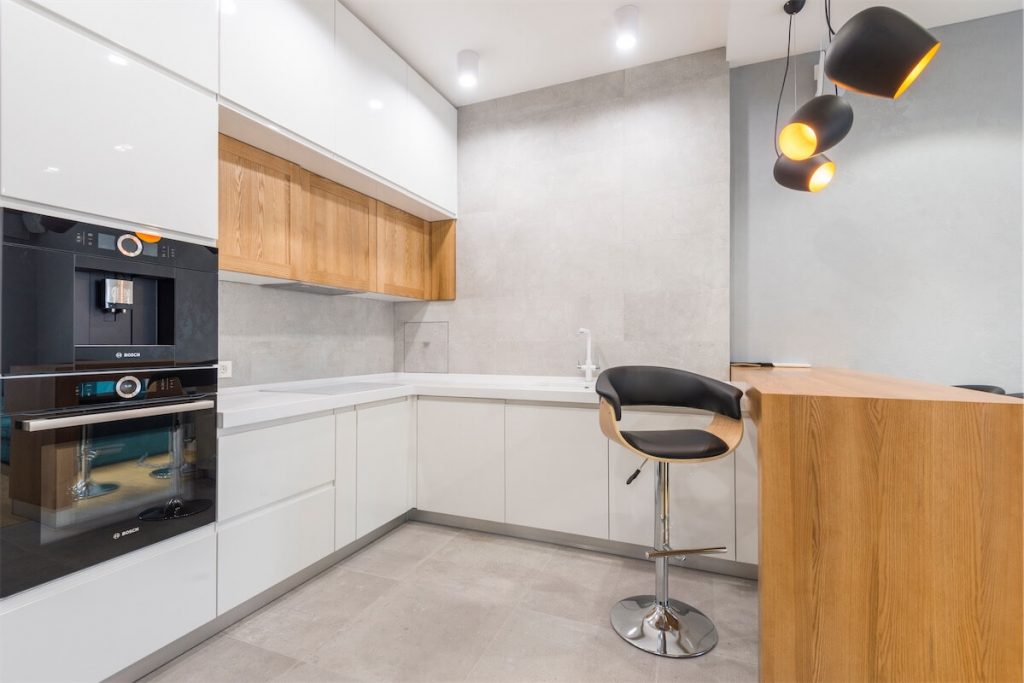Remember the 5Cs? The 5Cs used to serve as a yardstick of a successful Singaporean’s material standard of living. While some say that millennials no longer pursue these material assets, buying a private property in Singapore remains a dream for many.
Here’s our simple 10-step guide to help you on your journey to purchasing a resale private property.
Step 1: Get an AIP

Start by getting an AIP with a bank. An AIP, or In-Principle Approval (IPA) is an agreement stating a bank’s commitment to extend you a home loan when you intend to buy a house. This agreement is usually valid for 30 days.
This helps you budget for your property purchase. For instance, you could have an AIP of $500,000 extended to you from Bank A, and you can probably buy a property of $700,000. This is based on the loan-to-value limit of 75%.
Step 2: Go home shopping
Shop for your house online or flip through property ads in the newspapers. Spot a few listings that are to your liking and that fit within your budget? Check them out in person!
Alternatively, you may also choose to engage a property agent to help you find the right property.
Step 3: Check the indicative valuation
Obtain an indicative value of the property that you’re interested in to find out its worth. You wouldn’t want to be paying more than the market rate.
As a buyer, you’ll have to fork out the valuation fee for the property appraisal to be done.
This valuation fee ranges between $400 to $500 and could be higher depending on other factors. For example, the valuation fees for a landed property is usually more than an apartment or condominium.
Step 4: Get an Option to Purchase (OTP)
Did a resale private property catch your eye? Negotiate the right price, and if both you and the seller have reached a consensus, you can secure the rights to purchase the property by obtaining an OTP.
To get the OTP, you’ll need to pay an option fee of 1% of the purchase price. This fee is payable in cash. OTP disallows the seller to sell the property for a specified duration so that you can coordinate the purchase.
Step 5: Take out a bank loan
Next, you’ll need to apply for a housing loan with a bank to finance your property purchase. Compare the rates offered across the different banks to secure the most suitable one and it does not necessarily have to be the cheapest package.
Take note of the amount you have on hand and in your CPF account, so that you know how much you need to borrow from the bank.
How much your bank can lend you also depends on your Total Debt Servicing Ratio (TDSR). The TDSR is a framework to ensure that you borrow responsibly. It limits the amount you can spend on debt repayments to 60% of your gross monthly income.
Step 6: Exercise the OTP
You’ll need to exercise the OTP before the deadline by paying 4% of the purchase price. This will make you an official buyer of the property.
This is different from the previous 1% option fee. In a sense, the 1% is an indication of your interest, while this 4% is a confirmation of your interest.
You’re now one step closer to owning your dream home.
Step 7: Pay your Stamp Duty
In the lead up to the completion of your sale, you’ll have to make payments for fees such as Buyer’s Stamp Duty (BSD), Additional Buyer’s Stamp Duty (ABSD), and other legal fees if applicable.
Step 8: Pay 15% downpayment
It’s time for you to make the 15% private property downpayment. You can choose to pay off this amount using both cash and CPF.
Step 9: Sales completion
On the completion day, you’ll be registered as the new owner of the property.
Step 10: Key collection
Congratulations on your new home. Pick up the keys to your new home and get started on your renovation and furniture shopping!

We hope that this guide has served you well. If you want to know more about the nitty-gritty details involved in purchasing a resale private property BUC that we’ve not included here, feel free to contact us for a chat.
Read our guide on purchasing an HDB resale flat here.
Read our guide on buying a private BUC here.

Have some mortgage questions? Here at FinanceGuru, we seek to help you better prepare for your finances and the upcoming milestones in your life. Get a non-obligatory assessment and loan product recommendations here.







